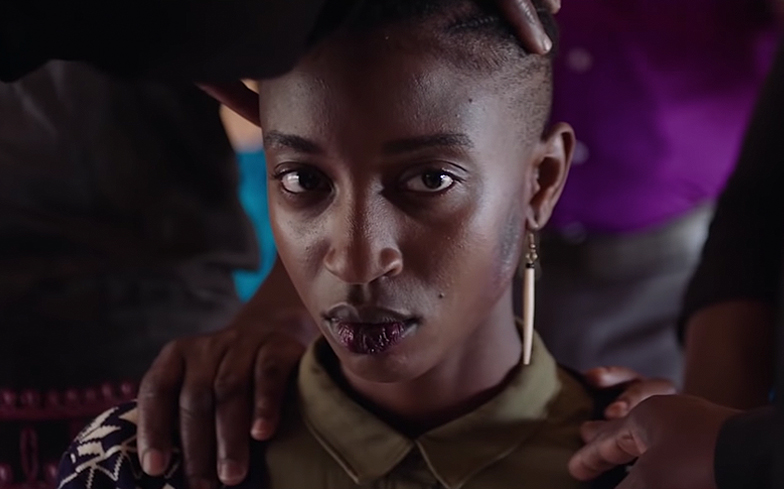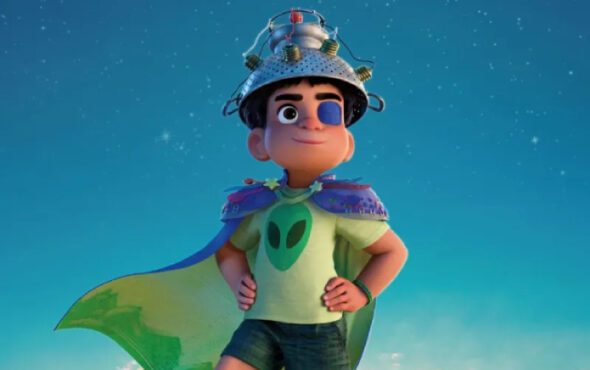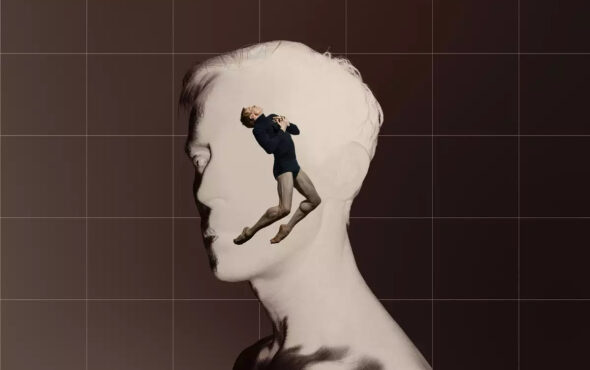
Rafiki won awards at TWIST: Seattle Queer Film Festival and at the Chicago International Film Festival.
Despite being banned in its home country, the lesbian film Rafiki seems to be showing no signs of slowing down. When the ban was temporarily lifted in Kenya, the film quickly became Kenya’s second highest-grossing film in its history. It’s important to note that the film was only allowed to be shown for one week.
And that momentum has been kept, as Rafiki has now won three awards at two separate film festivals. At the TWIST: Seattle Queer Film Festival, the film won both the audience and jury award for Best Narrative Feature. And at the Chicago International Film Festival, it won the Silver Hugo award.
On Rafiki’s win, Kathleen Mullen the TWIST Festival director said: “It is gratifying to honor films that moved, inspired and entertained our jury members and audiences and that tell the vital stories of our diverse queer lives.”
And Ben McCarthy, the executive director of the Three Dollar Bill Cinema where Rafiki was screened for its win said: “Congratulations to the winners and to all of the filmmakers who contributed to the success of this year’s film festival.
“We are thrilled that Rafiki won both the audience and jury awards for narrative feature and that we can bring further attention to this important, beautiful film from a country whose LGBTQ community faces rampant discrimination and fear of imprisonment.”
But one major award that Rafiki might be going for is the Academy Award for Best Film in a Foreign Language. As it was shown in its home country for a week, the film is eligible to be entered for consideration.
And despite the film being re-banned in Kenya, the film’s director Wanuri Kahiu is now fighting for the film to have a permanent release in the country.
Speaking at a film screening in London, Kahiu said: “The laws that ban the film are colonial laws, and we are asking for the laws to be updated so that they reflect the constitution that we have. There’s nothing in the constitution that says we can’t make films like this.”
She also explained the meaning behind the film’s name, saying: “The reason we called the film Rafiki is that so often when same-sex couples in Kenya are in a relationship, they can’t refer to themselves as what they truly are.
“You can’t say, ‘This is my boyfriend,’ ‘This is my girlfriend,’ ‘This is my wife,’ ‘This is my husband.’ You say ‘This is my friend,’ because that’s the limit of that your language will allow without getting into trouble. We called the film Rafiki as a result.”




